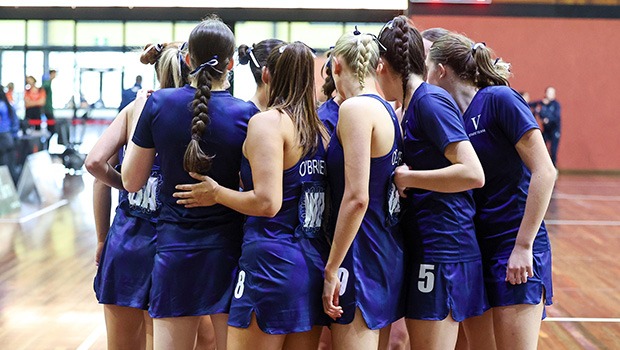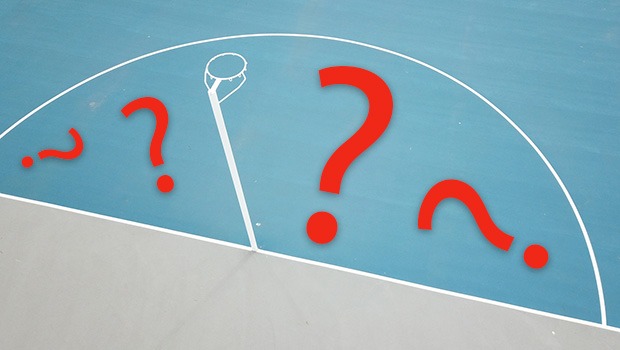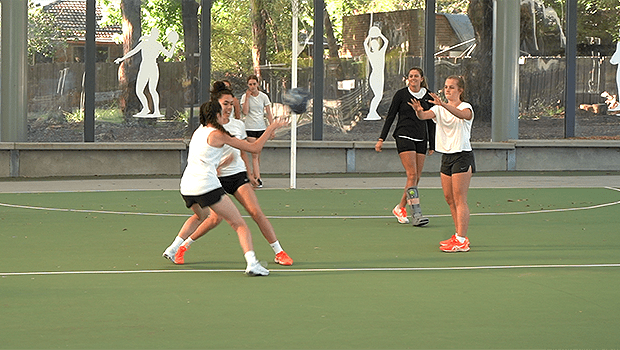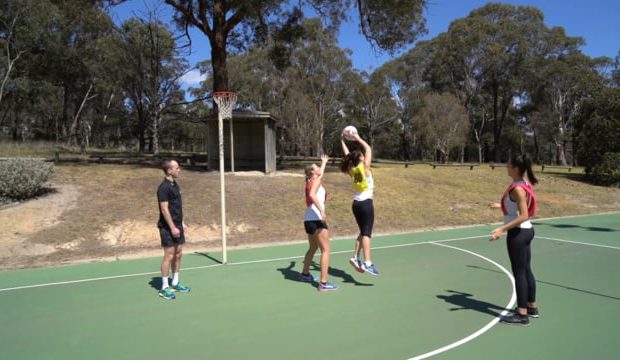We’ve had some interesting discussions with clubs and coaches in recent weeks, around the way they plan and structure their training throughout a season.
There is always that group of coaches that talks about the shocker of a game their team played the previous week, and how they’re going to need to work on X, Y and Z at training this week in order to be ready for the next game.
But is putting out weekly spotfires the best long-term strategy for developing your team and its players?
At state league or national championship level and higher, absolutely – the focus often needs to be on doing whatever you need to do in order to get your team its next win.
NEED A HAND? SIGN UP TO ACCESS OUR HUGE LIBRARY OF DRILLS AND SKILLS
But with young players at club or rep level, there’s a good argument to suggest that coaches should consider spending minimal time each week focusing on strategies and drills that are intended purely to help win the next game, and instead put together a plan of skills to develop each week across a whole season.
It’s a tug-of-war that many coaches continue to grapple with.
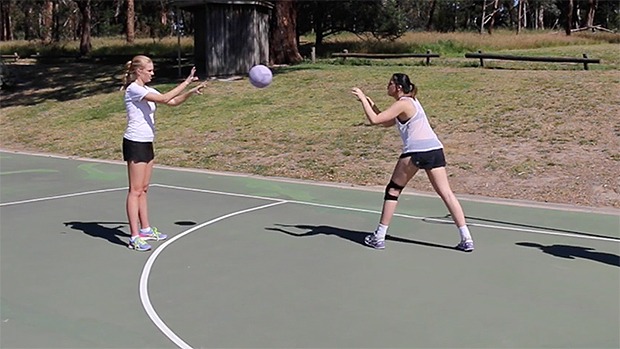
While every player loves to win, sticking your tall GS under the post for four quarters each week, and spending hours at training honing your team’s ability to feed the ball to that player 40 times a game, won’t do any of your players any favours.
What happens when that super-tall 14-year-old reaches the next age group, and finds that there are defenders who are equally tall and more mobile, and she’s never learned how to beat her player on a drive, or be more creative with her use of space and her passing?
And what about her teammates, who might find themselves in a team the following year without a tall goaling option, and have no idea what to do without their six-foot safety net under the ring?
FUTURE SUCCESS: DON’T SKIMP ON SKILL DETECTION AND CORRECTION
While it is important to teach players how to be cohesive within a team, in most cases a group of players will be together for one year/season only, so spending an inordinate amount of time planning how to get the ‘W’ each week is somewhat futile, as you’ll be back to square one again the next year.
As a coach, it’s important to build a bank of basic skills within your players throughout a season that will hold them in good stead no matter which team or players they end up in future seasons.
The critical part is to stay the course with that skill development plan, even if the results might not be going your way on match night, because you know that by the end of the year you’ll have a group of players that are better prepared, more well-rounded and have the skills that will give them a better chance of progressing their netball to the next level.
And if you’ve poured time and effort into improving the most important basic skills that your players need, there’s a great chance that they’ll be winning games with ease anyway.
Imagine your club’s coaches in lower age groups sending dozens of kids your way each year who’ve been developed according to a structured skills plan and have all the tools they’ll need to be successful, before the year has even started?
Sounds dreamy, doesn’t it?!
TIPS FOR DEVELOPING FIRST, WINNING LATER
1. MAKE A PLAN
Sit down as a coaching group at the start of the year and create a list of skills you want your players to have by the end of the season. Now grab a diary, work out how many training sessions you have and then write some of those skills next to each of those dates, starting with basic skills and building them throughout the season. Now you’ve got a simple plan with a clear focus for each session each week, and you can structure your sessions accordingly.
Netball Australia has a pretty comprehensive skills matrix that shows the skills players should be competent in as they graduate from each age group. Check it out and compare it to the focus areas you’re currently targeting with your teams.
2. STICK TO IT
Avoid being reactionary and drastically deviating from your season plan, even if your team isn’t necessarily winning straight away. Your players might be struggling on defensive throw-ins, but that doesn’t mean you need to spend two hours practising defensive throw-ins the next week. Perhaps they’re struggling on throw-ins because their basic pass execution isn’t quite there, or because they aren’t completing preliminary moves?
3. NAIL THE BASICS
We had a state league training session this week, focusing on preliminary moves, and even though we stripped it right back to basics there were still plenty of players whose preliminary moves were far too early, whose drives were flat and whose passing lacked accuracy. It just goes to show that no matter what level you’re at, you can never spend enough time ensuring those basic skills are sound, before moving into more advanced areas.
Dedicate some time each week to working on your players’ basic skills (passing technique, angled drives, prelim moves etc) and you’ll be amazed how quickly the overall standard of their matchplay improves.
RUNNING SELECTIONS THIS YEAR? CHECK OUT NETBALLTRIALS.COM AND SAVE HOURS OF ADMIN TIME!
